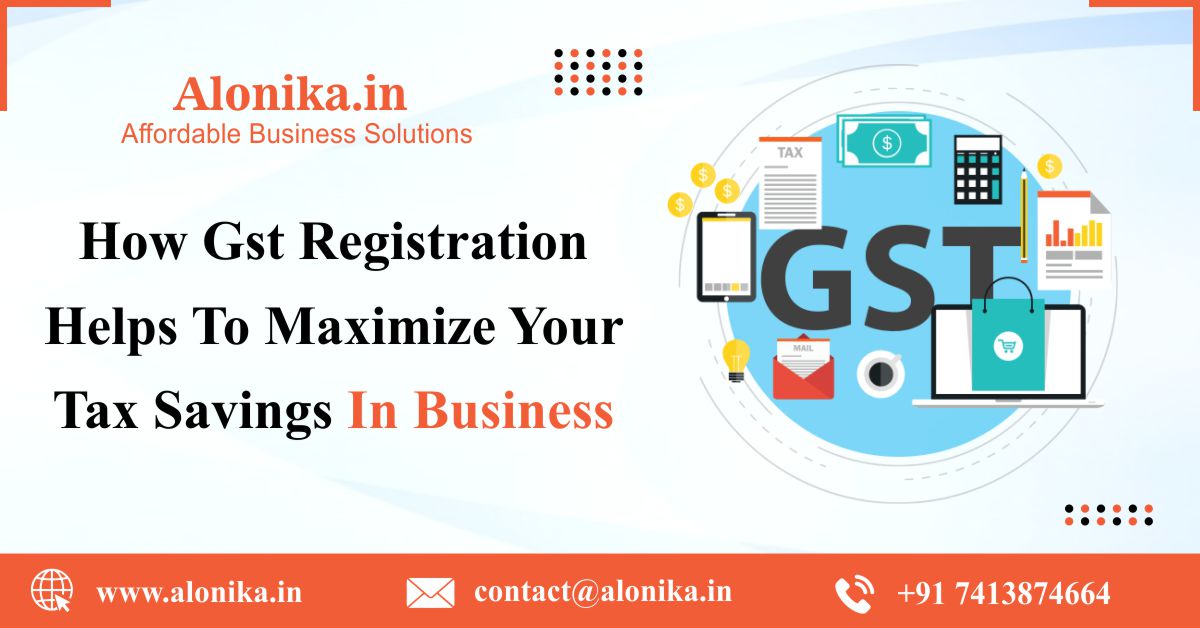Throughout: The Ultimate Roadmap to GST Registration for Organizations Seeking Financial Security
Browsing the intricacies of Goods and Solutions Tax Obligation (GST) registration is an essential action for companies aiming for financial stability. Breaking down the roadmap into convenient actions can enhance the enrollment journey for companies looking to enhance their financial standing.
Recognizing GST Basics
Diving into the fundamental principles of Product and Solutions Tax Obligation (GST) is vital for gaining an extensive understanding of its ramifications on businesses and the economic climate. Input Tax Obligation Credit History (ITC) is a substantial feature of GST, enabling businesses to declare credit scores for tax obligations paid on inputs, reducing the total tax concern. Comprehending the basics of GST is important for businesses to abide with tax obligation laws, handle their funds effectively, and add to the nation's economic growth by getting involved in a clear tax system.
Eligibility Criteria for Registration
As of the existing policies, the threshold limit for GST enrollment is a yearly aggregate turn over of 40 lakhs for services running within a state, except for special category states where the restriction is 20 lakhs. Additionally, particular companies are needed to sign up for GST irrespective of their turn over, such as interstate vendors, casual taxable persons, and organizations accountable to pay tax obligation under the reverse fee device. It is vital for services to extensively analyze their turn over and purchase types to determine their GST enrollment commitments accurately.
Documents Required for Registration
Having actually satisfied the qualification standards for GST registration, businesses have to currently ensure they have the requisite records in place to continue with the registration procedure successfully. The papers required for GST enrollment commonly include evidence of business constitution, such as partnership deed, registration certificate, or incorporation certification for different kinds of services. Additionally, companies require to supply records developing the principal area of company, such as a rental arrangement or electrical power costs.
Step-by-Step Registration Refine
Starting the GST registration process entails a collection of structured steps to guarantee a seamless and certified registration for organizations. The initial step is to see the GST portal and fill in the enrollment form with accurate details of the business entity. Following this, the applicant gets a Short-lived Reference Number (TRN) which is utilized to return to the application procedure if it's not finished in one go.
Following, all required files according to the list given by the GST portal blog here need to be submitted. These files generally include proof of service identification, address and enrollment proofs of marketers, economic declarations, and organization entity's frying pan card.

Post-Registration Compliance Standards

Verdict
Finally, organizations looking for monetary security should comprehend the basics of GST, meet eligibility criteria, collect necessary documents, adhere to the detailed registration process, and follow post-registration standards - Best GST registration services in Singapore. By sticking to these steps, businesses can make certain conformity with tax regulations and keep monetary stability in the future
Furthermore, specific businesses are called for to register for GST regardless of their turnover, such as interstate suppliers, informal taxable individuals, his explanation and services responsible to pay tax under the reverse fee mechanism.Having actually fulfilled the eligibility standards for GST enrollment, services have to currently ensure they have the requisite documents in place to continue with the enrollment procedure effectively. The records needed for GST enrollment usually include proof of company constitution, such as collaboration action, registration certification, or consolidation certification for different types of organizations. Furthermore, companies need to supply documents establishing the major place of service, such as you could try these out a rental agreement or electrical energy bill.Beginning the GST enrollment procedure involves a collection of organized steps to guarantee a compliant and seamless enrollment for organizations.